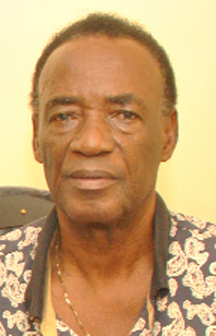In a matter of a few weeks the Guyana Public Service Cooperative Credit Union will celebrate the 48th anniversary of its establishment. The Board of Directors and management of the country’s single largest credit union believes that the United Nations-designated International Year of Cooperatives has found the institution in a condition of achievement that allows it to stand out as a symbol of distinction in the sector, which, over the years, has had its own fair share of peaks and troughs.
Asked to summarize its achievements over the years, General Manager of five years, Trevor Benn says briefly and poignantly: “What the credit union has done is to act as a buffer to subsidize the salary levels in the public service.” It is a true if, perhaps, unexpectedly clinical assessment of the role being played by the GPSU Co-operative Credit Union.
The lending levels as much as the views expressed by a few of the credit union’s 13,000 active members attest to the correctness of Benn’s assessment. The credit union’s current lending levels exceed $100 million per month and the numbers are growing. Those members to whom Stabroek Business have spoken also readily concede that the institution is a godsend, a point of rescue in times of crisis.
Conventional wisdom holds that the role of the credit union is to foster thrift among its members and to play a role in community development and regeneration. But the credit union in Guyana is confronted with a far more challenging role. The experience of the GPSU Credit Union, Benn says, suggests that credit unions in Guyana play a role

